€7M German project to develop processes and demand scenarios for the mass production of synthetic fuels; “Refineries for Future”
Green Car Congress
MAY 27, 2023
Synthetic fuels from renewable energy sources will be needed to reach the climate goals in the full transport sector. To cover future needs of heavy-duty vehicles, airplanes, and ships and provide chemical industry with basic substances, we will require the corresponding industrial facilities.

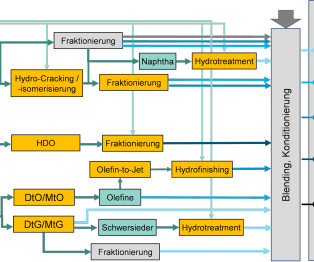
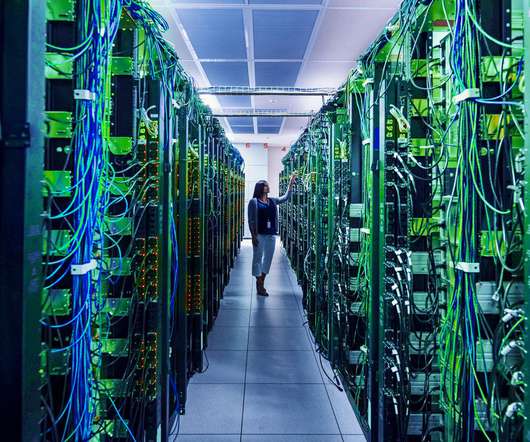


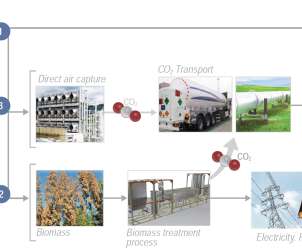

























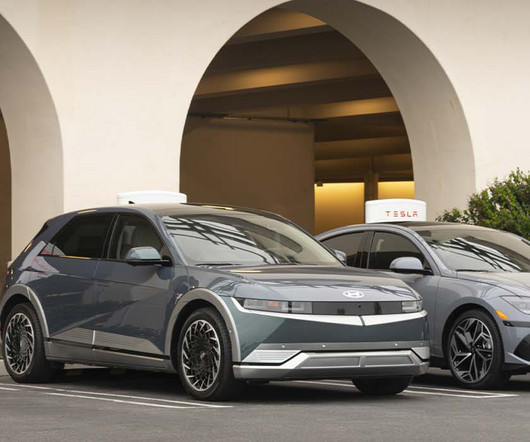
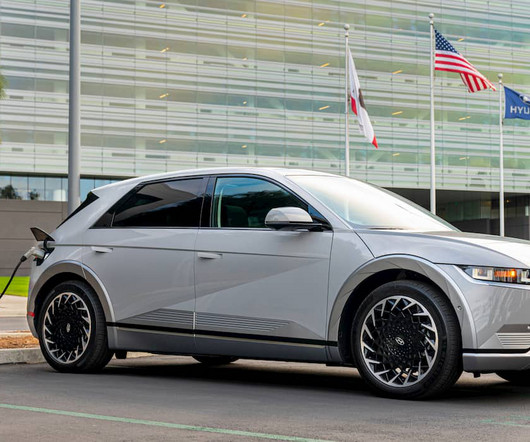








Let's personalize your content